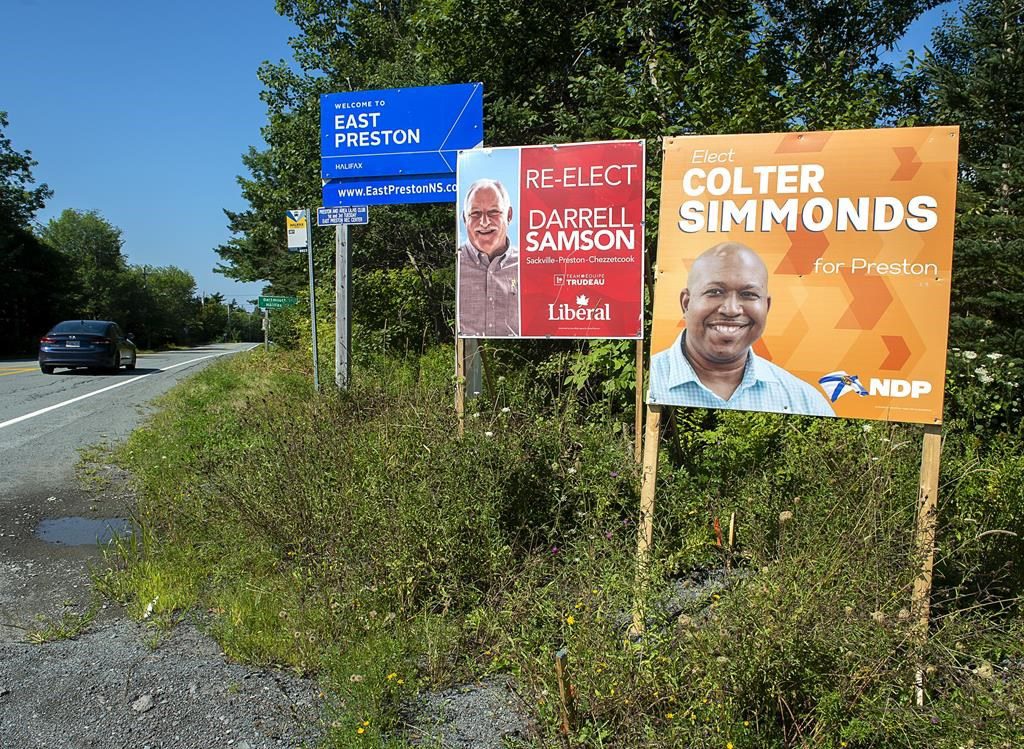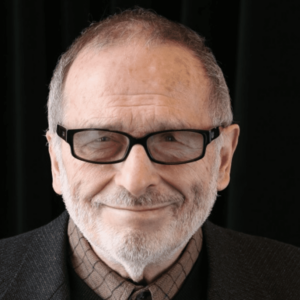Whatever other important expressions it has in our troubled times, democracy in countries like Canada is finally about regular popular elections.
(Or as the revolutionary 1649 text of modern “Westminster” parliamentary democracy has it, “the people” are “the original of all just power.” And “Parliament … being chosen by and representing the people” has “the supreme power in this nation.”)
Moreover, on at least one of its diverse sides Canadian political culture sometimes seems to assume that the more elections a place has, the more democratic it is.
There have been eight federal elections in the 21st century so far. Just listing the years (2000, 2004, 2006, 2008, 2011, 2015, 2019, 2021) suggests that the Canadian people may well have another chance to chose a parliament in 2023!
Beyond such numbers, a former leader of the federal New Democrats (Tom Mulcair) has been advising : “Brace yourself because 2023 will likely be an election year.”
Meanwhile 49% of Canadians in a recent Ipsos poll think there at least ought to be a federal “snap election” in 2023.
It could be called according to all the rules by the minority-governing Liberals, whose March 22, 2022 “supply and confidence agreement” with the New Democrats may be wearing thin.
At the same time, only 43% of Ipsos poll respondents believe such a Canadian federal election will actually happen. And the sceptical 57% majority may finally prove correct.
For one thing, even if the New Democrats were to break their 2022 agreement with the Liberals, Conservatives and NDP together do not have enough seats in the current House to bring the Trudeau minority government down all by themselves.
That will or would require help from the Bloc Québécois — which is also a potential alternate pillar of a minority government led by a prime minister with deep roots (and a seat) in Quebec.
And then, beyond all such immediate parliamentary calculations, federal New Democrats are doing well in recent opinion polls. And Liberals are not.
The shrewdest course for Jagmeet Singh’s New Democrats in 2023 may just be to continue their 2022 agreement with the Trudeau Liberals (formally set to expire in June 2025).
Similarly, on current polling numbers PM Trudeau would be even more misguided to call a snap election in 2023 than he was in 2021!
Fortunately for those who take frequent elections as a badge of democracy, there will be three intriguing provincial contests in Canada in 2023 — in Alberta at the latest on May 29, Prince Edward Island on October 2, and Manitoba on October 3.
There is some real chance that the NDP will win in both Alberta and Manitoba. And this could finally mean NDP provincial governments in three of the four provinces of Western Canada.
At the same time again, two of the four latest Alberta opinion polls have Rachel Notley’s New Democrats ahead. Another two favour Danielle Smith’s United Conservative Party.
Somewhat further east, even the Winnipeg Sun has noted that : “If the polls are any indication” all “signs point to a crushing victory for the NDP in the upcoming provincial election.” Yet “the NDP need to show Manitobans that they are ready to govern.”
An ultimate NDP victory in Manitoba could also bring some further reconciliation to Canadian provincial politics. Party leader Wab Kinew is originally “from the Onigaming First Nation in Northwestern Ontario,” and “the son of Tobasonakwut Kinew, a former local and regional chief and a professor of Indigenous governance at the University of Winnipeg.”
Prince Edward Island’s current provincial population is of course about the same as the Kingston Census Metropolitan Area in Ontario or the Abbotsford CMA in BC (170,000+).
The PEI provincial party system nonetheless has its own intrigue. It is more or less like Ontario’s, but with the Green Party playing the role played in Ontario by the NDP — and vice-versa! Recent polling suggests Conservatives will win a majority of seats in PEI in 2023 just like they did in Ontario in 2022.
There is always room for surprises in democratic politics — which is one reason elections remain interesting. This may be especially true in a year that could prove somewhat more rocky than usual economically.
Even without a federal election Canada could look somewhat different politically by the end of 2023, with mostly NDP provincial governments in “Western Canada” and mostly Conservative (or conservative) provincial governments in “Eastern Canada.”
Or not. Conservatives do lead in federal polling right now. And they could finally prove more resilient in both Alberta and Manitoba. We will know early on in the fourth quarter of the new year!






